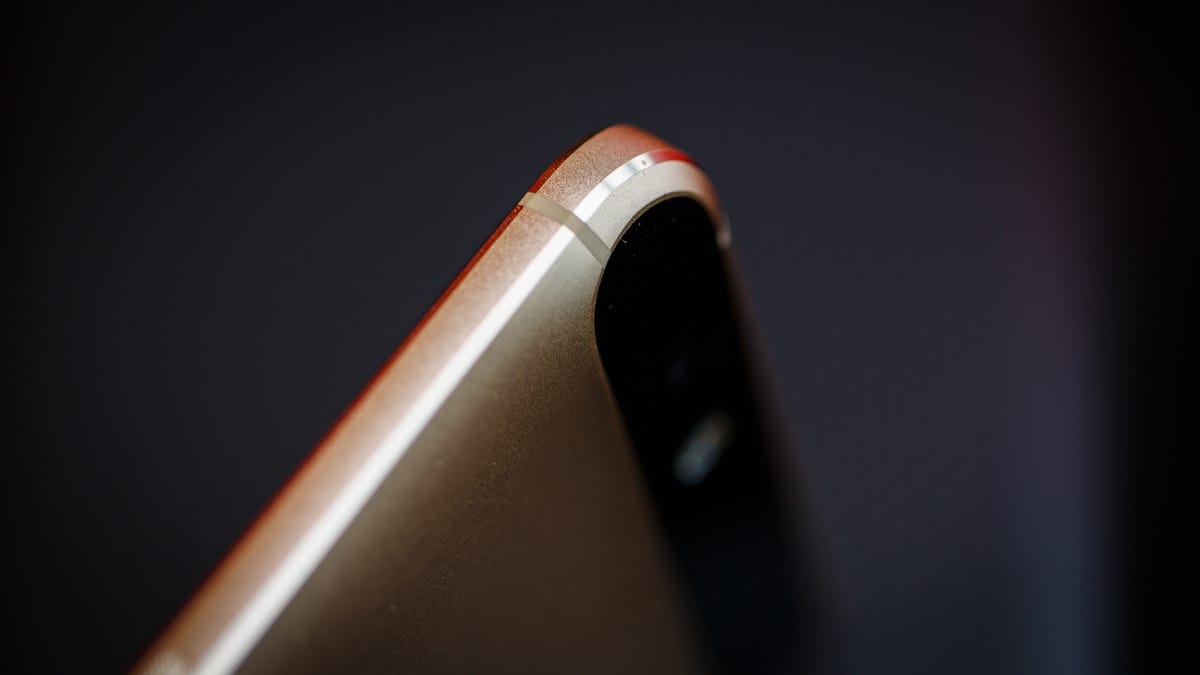4 things a ‘Google Phone’ could mean
A house-made Google phone could range from the iPhone-killer to the weird.

Let's say all the rumors are true and Google did make its own house-branded phone by the end of 2016, which is soon. The question, then, with all the givens in place, is which direction Google would take: a superpremium device to battle Apple's iPhone in hand-to-hand combat, something simple like the Nexus series, or an avant-garde approach, say a Tango-style phone or a modular device like Project Ara.
Whichever way Google were to go (and this is still a big "if"), the phone would focus on Google's conversational AI "Assistant" software, Google Fi telephone and data service and Google Daydream for VR.
I think there are four completely different routes. Remember, this is all in good, speculative fun!
1. The superpremium iPhone slayer
"Sources" say that Google will prep a premium device, which conjures images of an expensive phone with the most cutting-edge internals and a polished fit and finish to match. In essence, it would be the iPhone of Google.
But a phone from Google that steps into the superpremium pool could also potentially damage the Big G's relationship with longtime partners like Samsung, whose high-end Galaxy, Note and Edge series promote Android in the upper echelons.
2. The homegrown Nexus
Google has helped its partners make the hardware for its Nexus phones for six years, so it knows a thing or two about designing the device that hosts its "pure" Android software. (Google also picked up some tricks during its brief stint as Motorola's parent company, where it presided over the release of more than a dozen phones.)
What if Google made a Nexus-like phone all on its own?
Nobody would question Google taking the path of least resistance and producing a handset similar to a simple-looking, not-too-flashy Nexus-style phone aimed at offering high value for price, like the Nexus 6P and 5X. In short, a device that focuses on the software inside rather than an eye-catching hardware shell.
I envision a functional but forgettable chassis, mid-to-upper-range specs and a version of Android software even fresher and newer than updates that the Nexus program would receive. Like today's Nexus phones, the just-lower-than-iPhone price of a Google-branded phone would be incentive enough to draw buyers.
3. The Project Ara modular phone
Google could also swing to the other end of the spectrum and be the first to show the world what a truly modular Ara phone can be. Plagued by fits and starts, previous partners seem to have bowed out (like Yezz, a Miami-based phonemaker that was supposed to help launch an Ara trial in Puerto Rico), with Google reclaiming the project by showing advances in the modular device this past May at Google I/O.
Google could also strike out on its own with Ara first before inviting in others, especially Motorola and LG, which have already announced modular-leaning phones of their own like the LG G5 and Moto Z. It's a far more niche segment than a Nexus-style phone, but one with greater potential to change the definition of how a phone should be made. High risk, high reward.
4. The Tango phone
Similarly, choosing a phone with Tango's depth-sensing cameras and deeply developed indoor mapping as Google's first fully in-house handset would help the company set a high water mark for some of its newer and more future-looking technologies.
Google worked with Lenovo to create the first Tango phone, the large-screen Phab Pro2, which makes me think this is a less likely outcome if Google branded its own phone. But then again, just because it's Google's first phone doesn't have to mean it's the first phone to do that one special thing.
But just for kicks, a Google Tango phone would have a big display to make room for all those cameras (like 6 inches big, or larger), and its price would likely come close to Lenovo's attempt, in the $500/£350/AU$675 range.
That shred of doubt
A wholly Google-made phone has been a topic of chatter for years, even despite Google telling CNET "no" as recently as May. Whether it's true or not, there are cons to this action, like alienating hardware vendors it works with closely. (For its part, Google maintains that it's committed to the Nexus program and all its hardware partners.)
But there are undeniably pros to Google's business, too. Owning hardware means Google would control an even greater part of a phone ecosystem that much of the world relies on for mapping, communication and information. As Google expands deeper into your home, your friends and your thoughts, a Google-branded phone represents yet another future piece of an expansive empire, one that's ripe for the taking.

